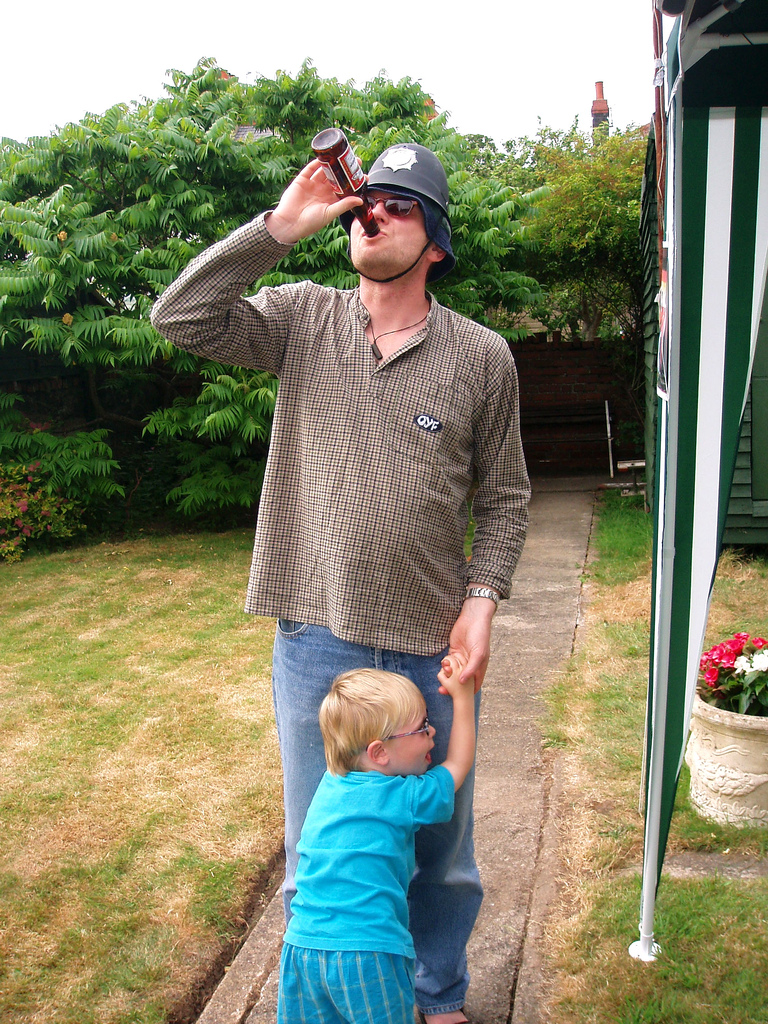Take a look around our social media-driven world and you will struggle to find someone who is not active on Facebook, Twitter, or Instagram. Our newfound desire to publish snippets of our personal lives to a massive audience is astounding. And while it is nice to be able to keep in touch with friends and family, these outlets can be dangerous as they tend to create powerful evidence in Virginia family law and divorce cases. In around fifty percent of our contested divorce and child custody cases over the past few years, there is at least one piece of evidence that comes from a social media account—Facebook, primarily. The most common are photographs of a parent consuming alcohol, or comments that admit important facts or display cruel and abusive behavior. While we strongly encourage you to close any social media profiles, most disobey that advice.
Lesson 1: Watch What You Post
If you insist on being an active member of the social media world, despite being in the middle of a contested divorce or child custody dispute, think twice before you post something on the internet. For example, if you are separated from your spouse but are still married, think twice before posting pictures of you and your new boyfriend/girlfriend. If you are in the middle of a custody dispute, think twice before bad-mouthing the other parent. While you may not expect the other person to notice, in our experience they usually will. And then they will share the information with their attorney who will aim to use it against you in Court.
Lesson 2: Watch What Others Post
Remember all those pictures, updates and comments that you have been tagged in by others? Well, you know who might be able to see these and, if they happen to be incriminating, you may be in trouble. With this in mind, you may want to peruse these photos and comments that have been posted by others. If there happen to be any which might be unsuitable for certain eyes, un-tag yourself and kindly ask the person who posted the photo to remove it.
Lesson 3: Limit Access to Your Profile
If you haven’t already, be sure to check your account settings. If you can limit your profile so that only your “friends” can see you activity you might be able to prevent the opposing party from stalking you online persona. While this won’t necessarily bar access to someone who really wants to see what you are up to, it will hopefully serve as a good deterrent. In conclusion, be careful when you are using social media accounts. While these accounts have certainly become an integral part of the social lives of many in Richmond and the rest of Central Virginia, you must all remain mindful of the impact they may have on your divorce or family law case. The Virginia family law and divorce attorneys at BoykoNapier are available to answer questions about the impact of social media in your case. If you have a contested family law or divorce case in Virginia, call us today at (804) 658-3418. We handle cases throughout Central Virginia, including Richmond, Henrico, Chesterfield, Hanover and the surrounding communities. You may also contact us via email.

